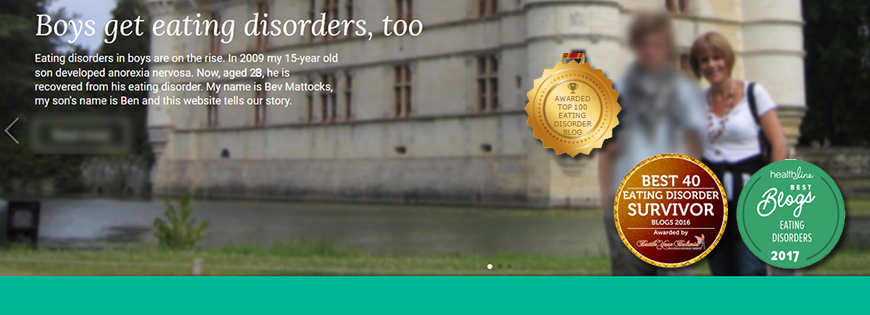Thinking about all that triangulation between me and CAMHS back in 2010-2012, I was wondering why on earth the treatment team wasn't up to speed with the latest developments in the world of eating disorders. And this goes for any treatment team that is still working with older treatment models and especially those eating disorder treatment models that view parents as part of the problem rather than part of the solution.
If it was a cardiac consultant / surgeon, for example, you would expect them to be completely up to date with the latest advances in heart treatment and surgery. Likewise an oncologist, or indeed any medical professional dealing with physical illnesses.
Yes, they are busy people, but that's no excuse for not keeping abreast of what's going on out there, especially if newer treatment models are being proven to be more effective for many people.
So I've been puzzling about why the same doesn't appear to be the case with some mental health professionals.
The thing with the treatment of eating disorders like anorexia in young people and especially teenagers is that there's been a complete 360-degree shift in the way treatment is approached these days. The world over, and especially in the States, and now in parts of the UK.
As Dr Julie O'Toole says in this article: Old medicine sets the parents up as passive recipients of the doctor’s (or therapist’s or dietitian’s) wisdom. The new medicine makes us all collaborators in our journey towards optimal health.
Old medicine preferred to talk the patient out of the eating disorder and to wait until they 'wanted' to recover. New medicine focuses on getting a balanced diet and sufficient calories into the individual, getting the weight back up to where it used to be, if not slightly higher, while giving the brain time to heal and become more rational and hopefully more open to change.
Of course 'new medicine' like FBT (Family Based Treatment) doesn't work for everyone, but it's working for many young people. And enlightened health authorities here in the UK are transforming the way they deal with eating disorders in young people. Even my local NHS mental health services have done a complete turn-around in the way they approach anorexia and other eating disorders in the under 18s.
But I wonder why, during the time that my son was receiving treatment for anorexia, the professionals showed little signs of keeping up to speed with what was going on. Or at least that was the impression I was getting. Instead they appeared to be doing things the way they'd always done them. And, more often than not, what the CAMHS nurse was saying would contradict what the psychiatrist and dietitian were saying, which didn't help matters.
Do, do, do take time to read this rant/vent by Dr Julie O'Toole about outdated treatment models for eating disorders.

No comments:
Post a Comment